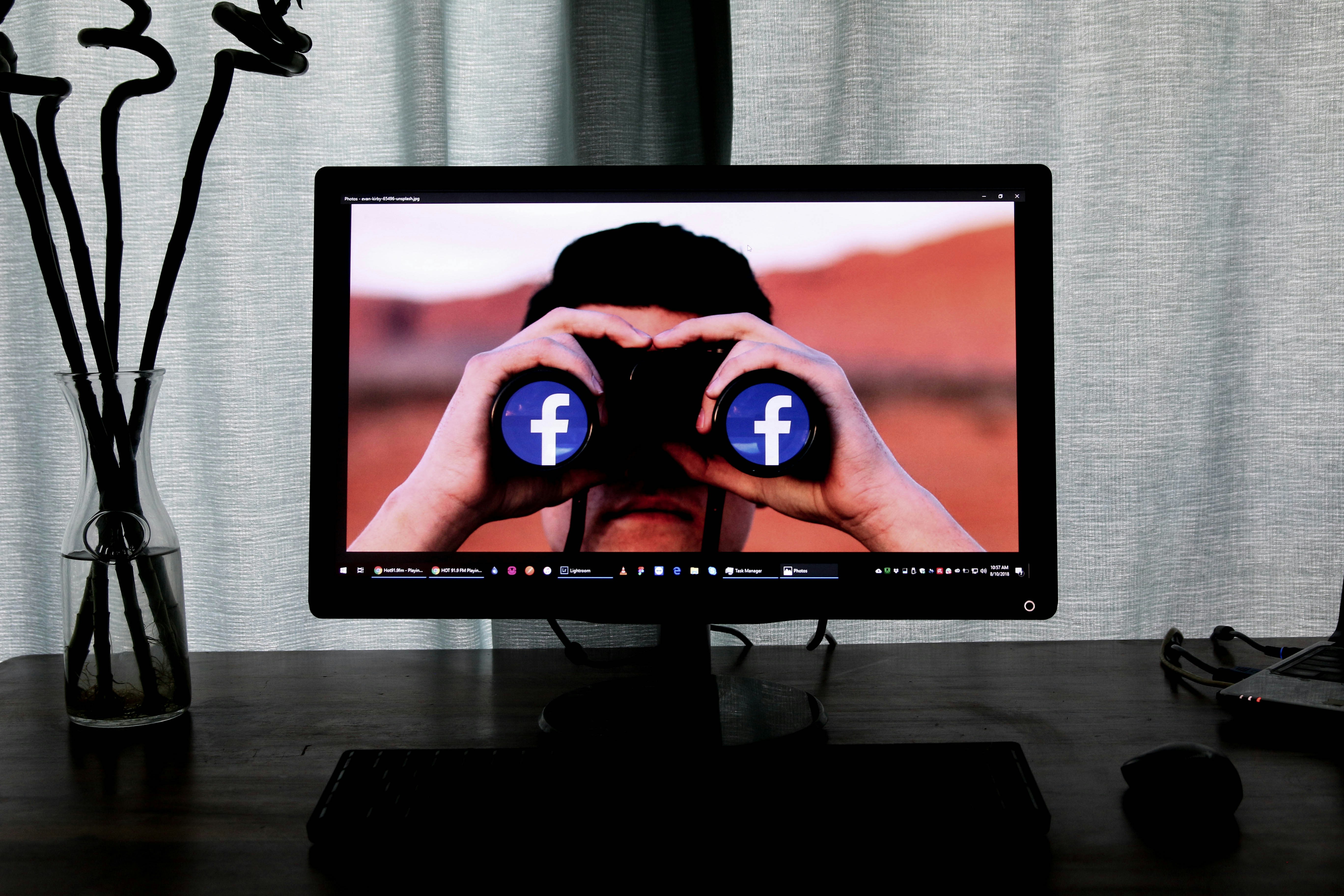The Facebook perfect storm: regular rants and reputation
date
Mar 22, 2018
slug
2018-the-facebook-perfect-storm-regular-rants-and-reputation
status
Published
tags
Facebook
regulation
data
reputation
trade
type
Post
ogImage
summary
The Facebook perfect storm: Cambridge Analytica scandal exposes deeper issues and threatens regulation, impacting reputation and financials.

These are tough times for Facebook. The company has suffered many small upsets in the past two years but kept growing, which for the whole trade meant they were doing everything alright. Now that the Cambridge Analytica scandal not only came to the surface but also gave unequivocal proof that it’s just the tip of the iceberg, the Palo Alto behemoth should conclude that the last two years were delightful compared to the scrutiny, pressure and financial loss Facebook should experience from now on. But outside Palo Alto, one question that the whole trade should be doing itself is: is it surprising that an industry that lives and dies for the goals set by marketing and sales departments rips off any regulation and break rules that can restrict potential revenues? Nevermind - Facebook will answer that for you. The rants have already begun and its reputation will take a blow, but it’s regulation that will provide the bigger threat to Mark Zuckerberg empire.
The soul-searching that society must do is not the only question that comes out of the scandal so far, apparently, but it’s the underlying tissue of all the other inquiry that will happen from now on. Facebook is not a proxy for all evil on Earth and however fair the accusations might be, Mark Zuckerberg is not the only CEO with data skeletons on his wardrobe.
Maybe the incident is not dramatic as one with non-anonymous victims, but make no mistake: the CA affair is set to end the first big data exploitation age - the time where tech giants manipulated laws, ignored governments, proposed products blatantly monopolistic dressed in a trendy well-marketed version. Regulation will come soon and hard from both sides of the Atlantic, but it’s in Europe where the tech giants will suffer more, primarily because there are several pending issues, from monopoly to tax evasion and privacy breaches going on. The US will probably nail the question as a way to link Donald Trump election to another bizarre element, but in Europe, where the privacy laws are far more rigid, the whip will come faster and harder than in Washington.
Mark Zuckerberg said that he wants the company to be more transparent. He should do it indeed. The consequences around the FaceGate won’t only limit the ways on how companies treat data from their users. There is going to be some financial bloodshed too. The company has already seen value enough disappear to reach thelowest valuation since its IPO. But there is more to come. The word “regulation” has, for investors, the same effect that garlic has to vampires. The black box Facebook ran so far regarding how it does business will undoubtedly have to share details with tax revenue, competitors and government agencies. It will lead to smaller profits and less competitiveness.
Coming to terms with regulation is not, however, a “punishment” following the revelations made by The Guardian story on Christian Wylie. The word has been around for time enough and none who has a quarter of Earth’s populations on its ranks should not imagine that it was possible to avoid indefinitely. Facebook also does not have any competitor (big or small) so a new set of rules is not the only thing that the public sphere should impose. Regulation is coming and it will cost dearly to shareholeders. It’s very unlikely that the company’s growth and revenues keep growing the way it is doing today.
There is the monopolistic behaviour Facebook has as well. Zuckerberg’s team has acquired all possible competitors (except Snapchat) or merely copied features from them making it unrivalled in the social environment. WhatsApp acquisition has just made everything worse. Startups that aim to cut a slice of Facebooks cake are simply crushed before they can even start. It may be early to say that there will be radical measures like the monopoly break-up that happenedto Bell in the 80’s or if there will be fines like the ones Microsoft a little more decade later, but it seems secure to say that the Empire has unleashed hell and something will come out of it.
There is another aspect of the social media burnout (Snapchat missing goals, Twitter “broken“) that will become visible in the aftermath. The economy of attention that had been rebooted by the social media element will once again be deeply shaken. Even if not a single user stops or decreases the time he or she spends networking (which is unlikely, given that in the last quarter FB had already felt a 50 million hours slump on its time spent numbers), a pretty decent amount of attention will probably come back to the table. It may be the opportunity that the most beleaguered industry in the digital realm was hoping for.
Yes, news. Non-delusional media publishers had already crushed the social aspirations after the algorithm change that wiped out 80% of the social traffic. With strategy and some work, clever publications may recover part of the customers that had migrated to social platforms. Facebook and Twitter delivered far less value to users than they promised and it’s not crazy to suppose that part of them will look more decidedly to alternatives. It’s a long shot, once that other than being certain, this new traffic does not necessarily mean revenue. But it’s worth a try.
One should not expect the Facebook demise in the future, but the tech-lash that have been in the making in the last months seems to finally have arrived. The 2010 Facebook-based David Fincher movie “Social Network” tagline was almost prophetical: “You don’t get to 500 million friends without making a few enemies”. “Almost” is because the enemies are more than a few.